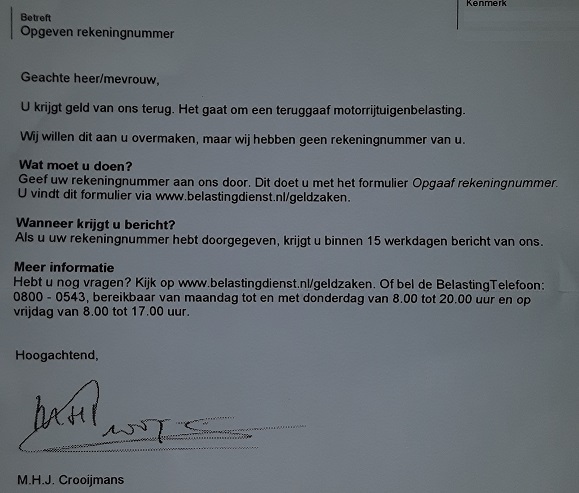Somehow I forgot to post about the manuscript I turned in to Mynx four weeks ago of the Paul Harland Prize anthology I edited for them. It will appear in two months, at the Elf Fantasy Fair 2010, and I’m fairly proud of the result. (Publisher Jürgen sent me a sneak preview of the cover artwork today, which I’m very happy with, but unfortunately am not at liberty to reveal yet. Curious? Come to the EFF on Saturday 24 April!)
It’s amazing how much I feel I’ve learned about the art of short story writing from simply editing other people’s stories. Particularly from the writers who pig-headedly refused to take my editing recommendations at face value and insisted on explanations. Where telling a writer to move all his infodump into one of his characters POVs is a breeze, it’s amazingly hard—and time-consuming—to put into words why this is a good idea. Pointing out the complete lack of character arc to an author was one thing; after he refused to do anything about it, I actually had to think about why his story sorely needed that arc. And it was only after a lengthy e-mail exchange with one of the authors that I got my head around the essential differences between action and reflection scenes, and the many small grammatical differences that separate them. (That in particular was a rewarding process, since it ended with a huge improvement in tempo in a three-page scene by changing maybe three verbs.)
A lot of the work was done by e-mail, but I remember one long and satisfying afternoon I spent in a nearby bar overlooking the harbor, going over one of the longest stories scene by scene with its author, and finally getting him to agree on some major restructuring of the story—but on the other hand, he got me to agree on the retention of a couple of scenes and threads I thought needed to go, but he convinced me were essential. And of course, it was also rather satisfying to see some of the authors simply take my advice and change the story the way I asked.
Though the resulting anthology may not shake the foundations of the genre, it is a nice showcase of present-day Dutch short speculative fiction talent, and the editing was some of the most rewarding work I’ve done. Included writers are Anne Witberg (with two stories), Boukje Balder, Fred Rabouw, Jeroen Verhoog, Martijn Kregting, Navajo Broere, Norbert Dupont, Rianne Lampers (also two stories), Thomas Olde Heuvelt, and W.J. Maryson.
